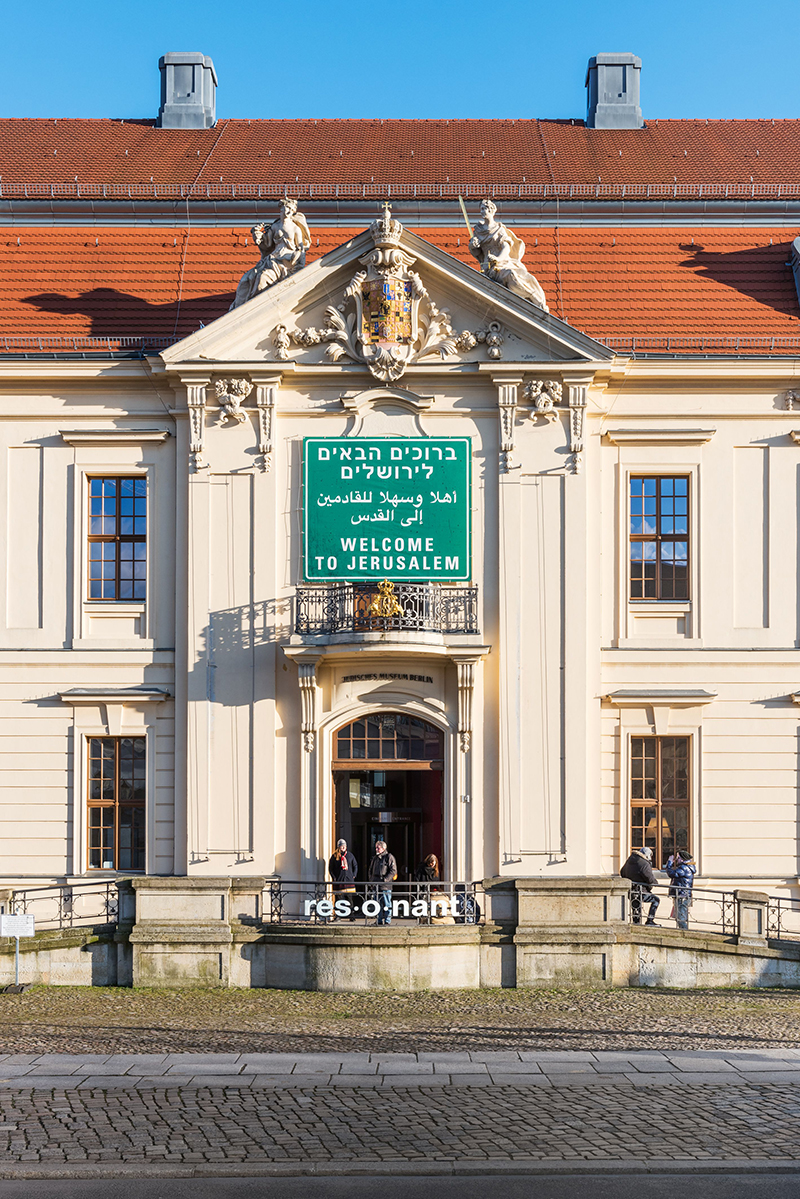On the difficulties the organizers of the “Welcome to Jerusalem” exhibition encountered doing justice to the ideal of justice
In the Islamic tradition and in the Koran itself, the biblical story of David and Uriah is told in a metaphorical form that differs from the version in the Bible (Koran: Sura 38/21–25): two brothers come to King David and ask him to settle a dispute between them. One of them describes the situation. He tells David that his brother has 99 ewes, but he himself only has one. Now his brother was pressuring him to give him his only ewe. Directly after this brief depiction, David passes his judgment: the one brother’s desire to add the one ewe to his 99 was an injustice to the other brother. The judgment could have been the end of the story, had David not suddenly realized that his decision was unjust. He regretted it deeply. Many Muslim commentators have discussed the sudden turn in the story. One explanation for why the judgment is unjust despite the clarity of the situation is that David made his decision after hearing only one side. In this interpretation, the moral of the story is that in conflicts or disputes, both sides must be allowed to present their perspectives and arguments. → continue reading
